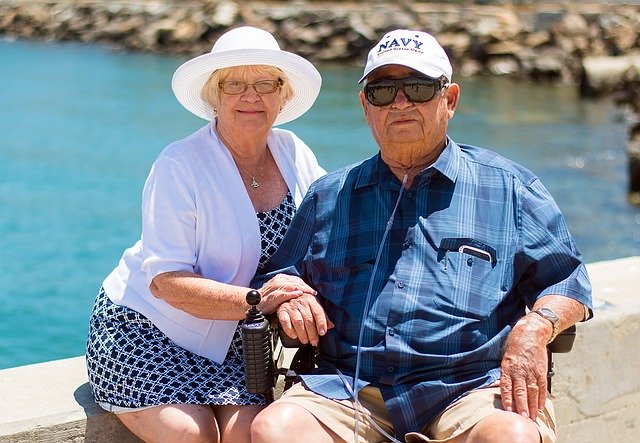
Grandparent custody refers to a grandparent getting legal custody of a child or children. In this event, the grandparent(s) take custody away from a parent or parents.
Grandparent custody falls under the heading “3rd party custody”. Minnesota’s 3rd party custody statute is 257C.
Grandparent Custody – De Facto Custodian
There are two bases that a grandparent may establish custody. The first is called a “de facto custodian”. This is an individual who has been the primary caretaker of the child for either:
(1) six months or more, which need not be consecutive, if the child is under three years of age; or
(2) one year or more, which need not be consecutive, if the child is three years of age or older.
Also, this time only counts if it is without consistent participation by a parent.
So for example, if the parent is living with their child and the grandparent at the same time, and that parent is providing some care, the statute would not apply. This section is for situations in which a parent has essentially stopped taking care of his or her child.
Grandparent Custody – Interested Third Party
Also, a grandparent may establish custody as an “interested 3rd party”. By default, this cannot be a de facto custodian. Instead, this is someone who can:
(1) show by clear and convincing evidence that one of the following factors exist:
(i) the parent has abandoned, neglected, or otherwise exhibited disregard for the child’s well-being to the extent that the child will be harmed by living with the parent;
(ii) placement of the child with the individual takes priority over preserving the day-to-day parent-child relationship because of the presence of physical or emotional danger to the child, or both; or
(iii) other extraordinary circumstances;
(2) prove by a preponderance of the evidence that it is in the best interests of the child to be in the custody of the interested third party; and
(3) show by clear and convincing evidence that granting the petition would not violate section 518.179, subdivision 1a.
The statute also outlines what factors a court must consider for this analysis. This option is for situations in which a child is being neglected or otherwise abandoned. It gives someone else the opportunity to step in to care for the child. This other person doesn’t need to be a grandparent, although often is.
To establish custody, a grandparent must show one of these situations exists. Then, if either is established a grandparent must show that it is in the child(ren)’s best interest to award custody. Grandparents don’t need an attorney for this. However, they can be helpful to navigate the process.
If you have more questions, please review the links to the left, head back to the MN Family Law Attorney home, or visit Majeski Law. If you’re interested in retaining an attorney, please feel free to email or call using the links in the upper right.